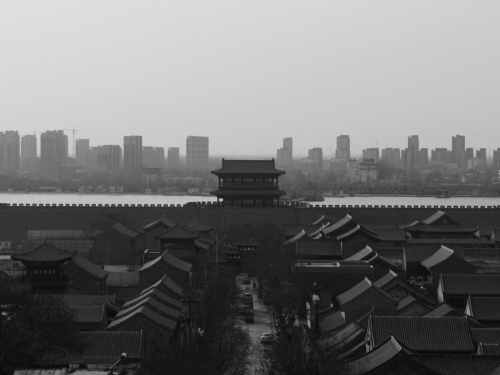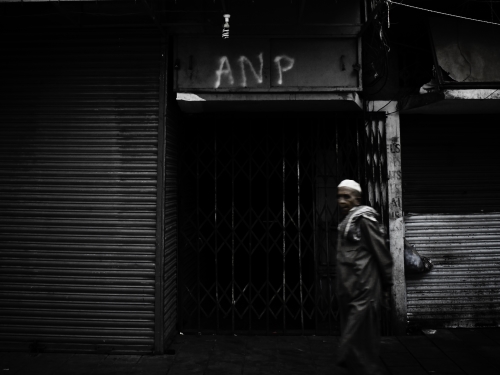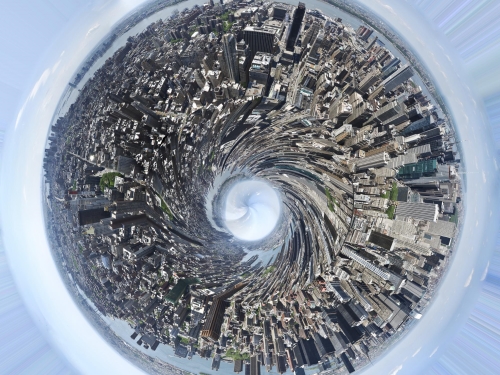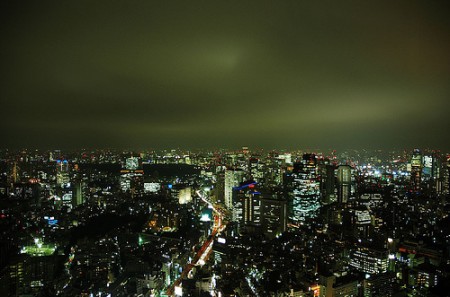
This article was originally published by the Barcelona Centre for International Affairs (CIDOB) on 27 May 2015.
With the majority of the world’s population already urban, people have voted cities as the place to live. This emerging trend is an outcome of the spread of globalization, which generates economies of scale by clustering economic activities -fueled by technological change, international trade, finance and foreign direct investment- in cities.
Urban congregations are nests that attract opportunities -based on accumulation of resources- and act as recipients of hazardous global challenges -climate change, security, immigration or poverty- alike. However, the unstoppable power of cities is underrepresented at a global scale, where cities still have a limited voice in the architecture of international big decision-making. Against this backdrop, what are the influence and implications of cities as a key actor for global governance? What can they bring to the world? Cities’ differentiated proposition adds a more efficient model -than nation-states- in dealing with matters of relevant global concern that hinge upon the following five advantages.




